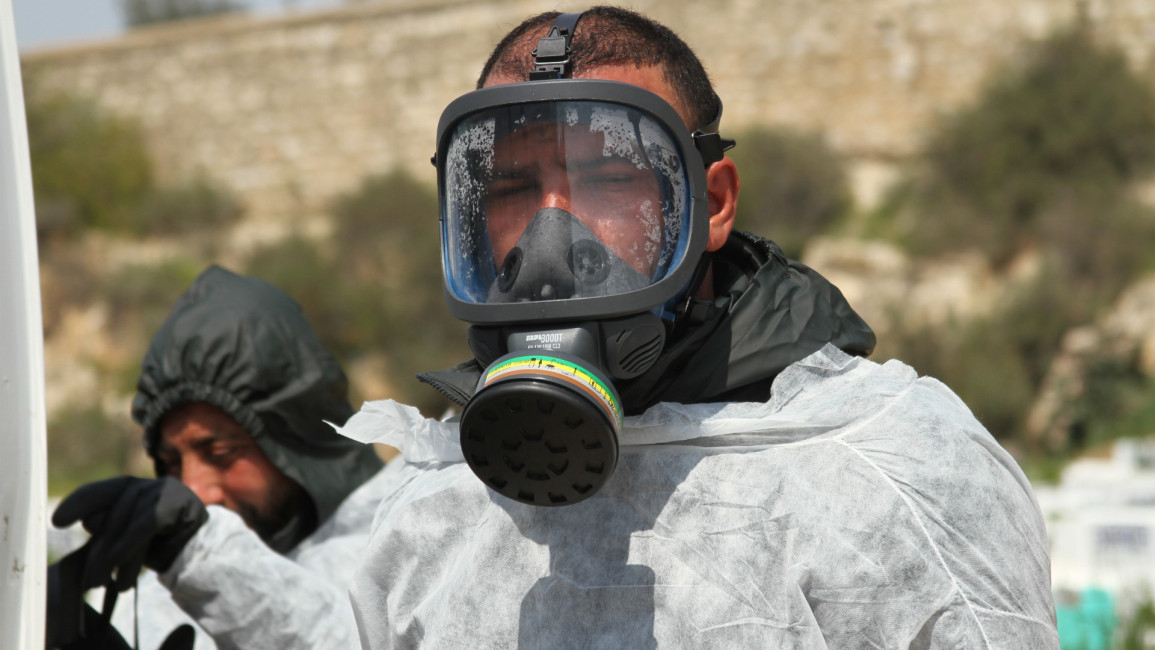Nearly 4,000 migrant workers in Tunisia need 'urgent assistance' due to coronavirus pandemic
In response to the Covid-19 pandemic, the International Organisation for Migration (IOM), a monitoring arm of the United Nations found that thousands of migrants in various cities across the country are in need of assistance.
Following a number of interviews, the IOM found 2,346 migrant workers in need in Grand Tunis; 1,000 in Sfax and 453 in Zarzis.
The organisation conducted a questionnaire which examined the impact of coronavirus on migrants and their coping mechanisms, as well as the types of assistance available in their neighbourhoods.
The interview indicated that "at least 3,799 migrants are in need of urgent assistance… this being exacerbated by the rampant unemployment triggered by the pandemic".
Though migrant women who work as househelpers and live with Tunisian families are reportedly still employed, many cannot return home on the weekends due to the mobility restrictions imposed on the country.
Experts warn that the number of migrants in need of assistance is increasing daily.
This comes as the North African country has a growing coronavirus problem, and testing has confirmed some 600 cases of the virus, among which there have been 22 fatalities.
|
Tunisia's interior ministry warned earlier this week that people infected with coronavirus could be prosecuted for manslaughter if they contaminate others by disobeying the health ministry’s instructions.
It comes as the government clamps down on controls in an attempt to get ahead of the virus.
"If someone who is sick does not self-isolate as required in line with health ministry instructions, and they contaminate someone else, we will pursue them under the penal code," Interior Minister Hichem Mechichi told reporters.
"If that cross-contamination results in death, they can be prosecuted for manslaughter."
Tunisia has been grappling with a coronavirus problem, like the rest of North Africa.
Since 5 April, three hotels across the country have been equipped to take care of up to 1,500 coronavirus patients outside of hospitals, according to authorities.
There are currently approximately 120 people staying in those hotels.
Some infected people have protested at directives to remain in quarantine and curfew orders.
"We will be strict in applying the law…our responsibility is to protect the people," Mechichi said earlier this week.
 |
Follow us on Facebook, Twitter and Instagram to stay connected



